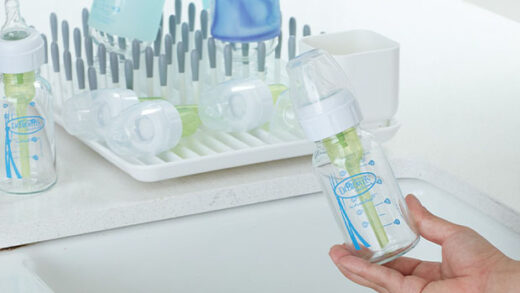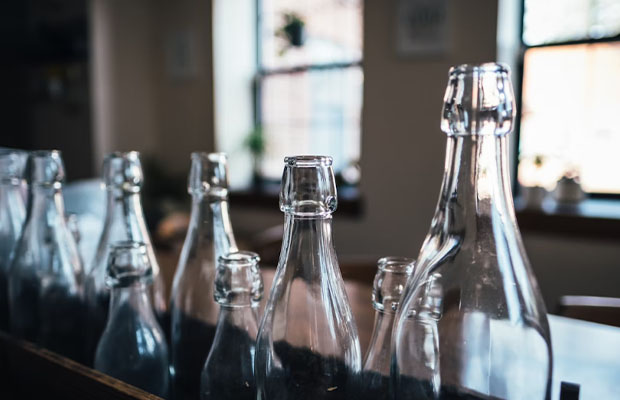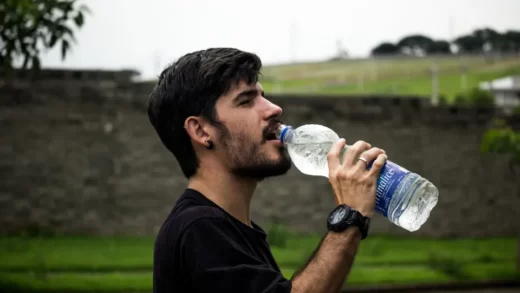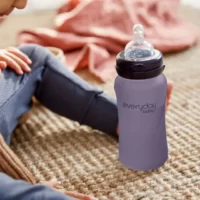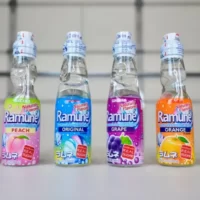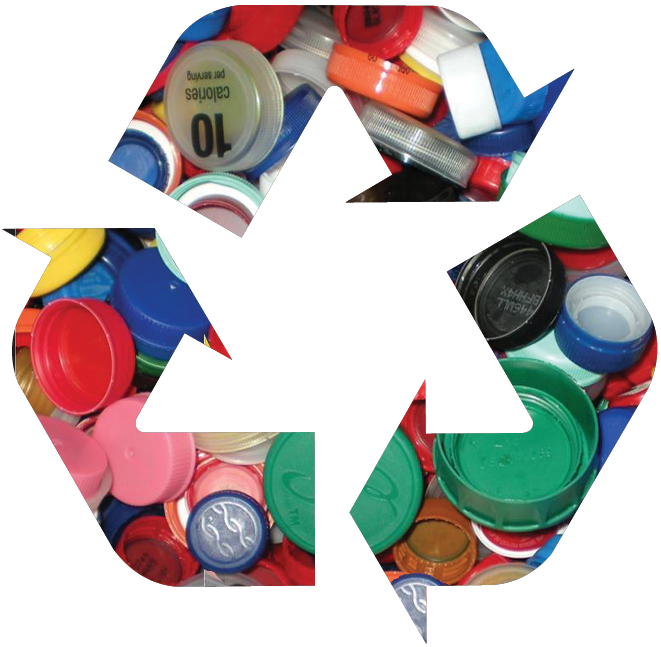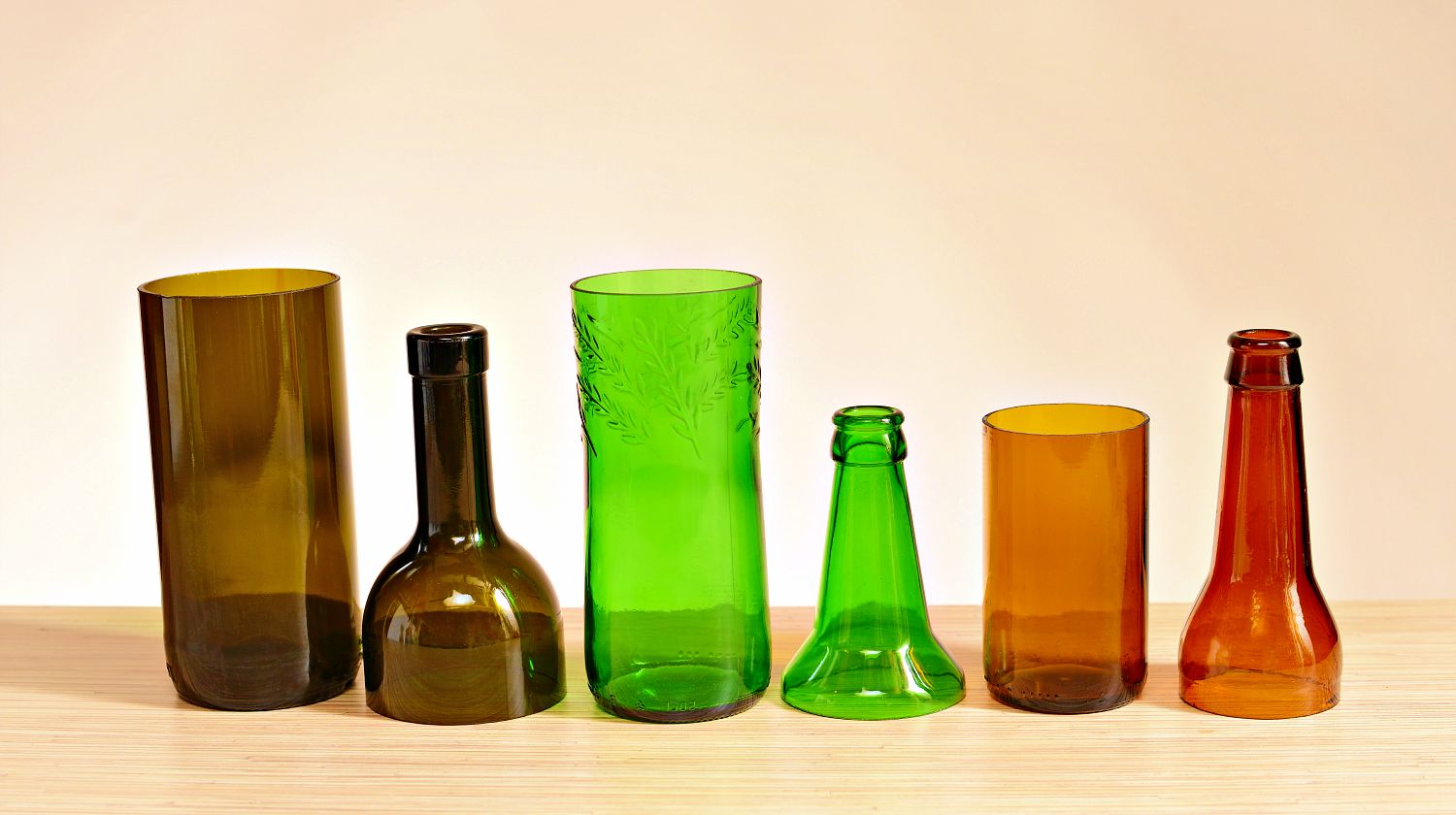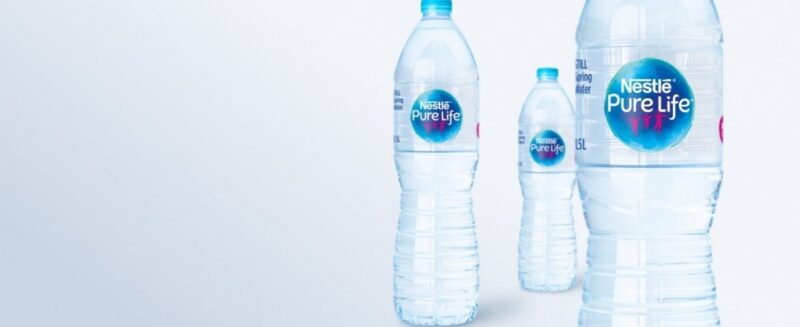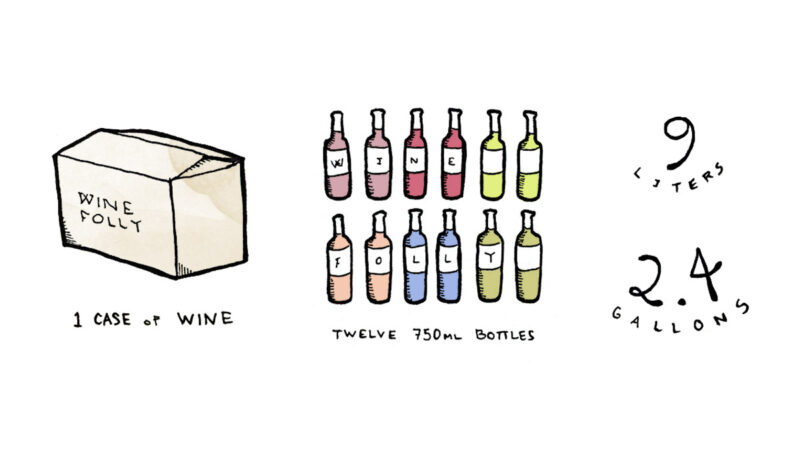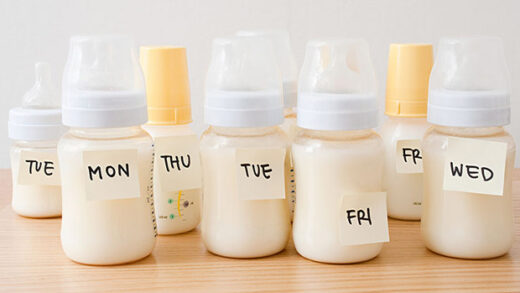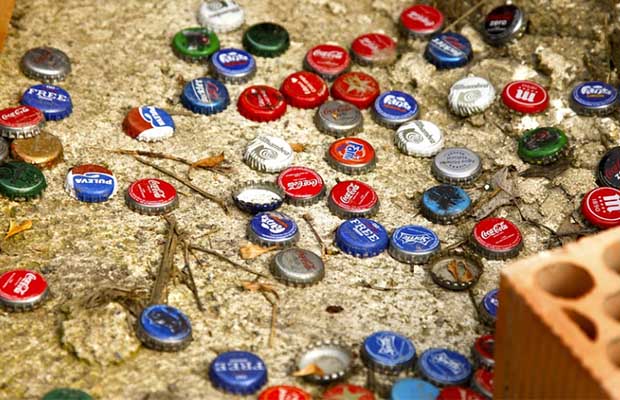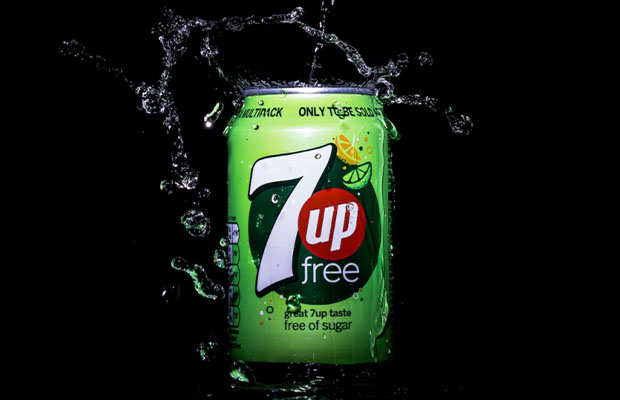How many bottles of water per day? It’s a straightforward query with no simple solution.
Over the years, various recommendations have come from studies. However, a variety of circumstances, like as where you live, how active you are, and your health, will affect how much water you require on a daily basis.
No one solution works for everyone. However, being more aware of how much fluid your body needs will aid in determining how much water to consume daily.
Table of Contents
Health Advantages of Water
Water makes up between 50 and 70 percent of your body weight and is the primary chemical in your body. Water is essential for your body to survive.
Your body’s organs, cells, and tissues all require water to function properly. For instance, water:
- Eliminates waste via urinating, sweating, and bowel motions.
- Regulates your body’s temperature
- Joints with lubricant and cushion
- Safeguards delicate tissues
How Many Bottles of Water Per Day Should We Drink?
Although everybody is unique, health professionals advise drinking about 8 glasses, or about 2 liters, of water every day. However, many people believe that if we lead an active lifestyle, we need significantly more water than that, with fitness professionals frequently advising 4 liters per day.
The U.S. National Academies of Sciences, Engineering, and Medicine state that the recommended daily water intake is 15.5 cups (3.7 liters) for men and 11.5 cups (2.7 liters) for women.
Drinking Water in Various Settings
Different environments will call for various hydration levels. For instance, you will lose more water in a warm atmosphere, therefore you will need to carry more water to make up for that. In a similar vein, if you reside in a high-altitude region, you will need to consume more water, and if you spend a lot of time outside in adverse weather conditions, you will probably need to consume more.
In an air-conditioned office
You will become dehydrated at an office with poor airflow and ongoing air conditioning, much like in an airplane cabin. In an air-conditioned office, you will need to drink more water because the body loses moisture when dry air circulates. In order to stay hydrated when working in an office, it is advised that you drink about 3 liters each day.
Run a flight
Dehydration can result from flying because the air is so dry at high altitudes. This means that because our bodies lose water quickly, being dehydrated is a foregone conclusion when there is minimal moisture in the air. It is advised that you consume roughly 0.25 liters of fluid every hour when traveling to stay hydrated.
A hot day
Although it differs from person to person, you should drink if you feel thirsty and dehydrated. You will sweat more and lose more water on a hot day than usual. Additionally, if you move around, you will need to take in extra water to make up for the water you lose. If you’re outdoors on a hot day, aim for 3 liters every 24 hours.
A cold Day
You could discover that you use less water to keep your body hydrated on a cold day. Once more, listen to your body; it will let you know when to take a drink. On a chilly day, you might discover that adhering to the recommended 8 glasses of water is the best course of action.
How Can I Tell Whether I’m Getting Enough Bottles of Water?
If: Your fluid intake is likely sufficient.
- There isn’t often a thirst.
- Your urinal fluid is clear or pale yellow.
- You can get assistance from your doctor or nutritionist in figuring out how much water you should drink each day.
Make water your preferred beverage to avoid dehydration and to ensure that your body receives the fluids it requires. Drinking some water is a smart idea:
- Both before and after each meal
- Exercise: before, during, and after
- If you’re dehydrated
How About The Recommendation to Drink 8 Bottles Every Day?
Most likely, you’ve heard that you should consume eight glasses of water each day. That is an achievable objective that is also simple to remember.
The majority of healthy individuals can maintain hydration by regularly consuming water and other liquids. Less than eight glasses per day may be sufficient for certain folks. Others, though, could require more.
Depending on a number of variables, you might need to adjust your overall fluid intake:
- Exercise. You should consume more water to make up for the fluid loss if you engage in any activity that causes you to perspire. Water should be consumed before, during, and after exercise.
- Environment. You may sweat more in hot or humid conditions, which means you need more fluids. High heights can also cause dehydration.
- General wellbeing. When you have a fever, vomit, or diarrhea, your body loses fluids. Increase your water intake, or use oral rehydration solutions as prescribed by a physician. Bladder infections and urinary tract stones are two more illnesses that could call for higher fluid intake.
- Breastfeeding and becoming pregnant. You might require more water to stay hydrated if you’re pregnant or nursing.
Does Drinking Water Impact The Brain And Body Function?
Many people assert that your energy levels and brain function start to decline if you don’t stay hydrated throughout the day.
There is numerous research that backs this up.
According to one study on women, a fluid loss of 1.36 percent during exercise reduced mood and focus and increased headache frequency.
Another Chinese study that followed 12 university-aged men discovered that going 36 hours without drinking any water had an impact on fatigue, concentration and focus, response time, and short-term memory.
Physical performance can be impacted by even minor dehydration. Clinical research on older, healthy males found that their muscle strength, power, and endurance were all decreased by just a 1% loss of body water.
Although losing 1% of body weight might not seem like much, it is a sizable amount of water. This typically occurs when you are dehydrated, sweating profusely, or in a heated environment.
Conclusion
At the end of the day, nobody can precisely estimate your water requirements. Many different things affect this.
To find out what works best for you, try experimenting. With more water than normal, some people may perform better while others may simply require more potty breaks.
Read Next: Can You Take Water Bottles On A Plane?

